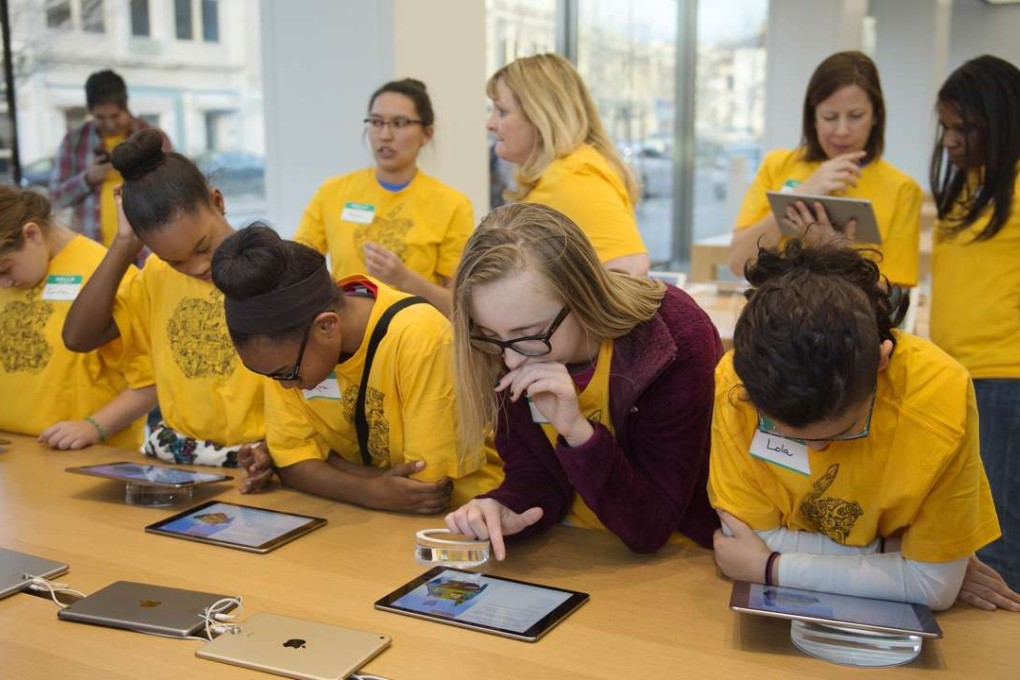Coding is the language of progress, and Hong Kong needs to master it quickly
Winnie Tang says allowing our students to learn computer programming as part of their school curriculum is one of the best ways to prepare Hong Kong youth for the future

Parents are extraordinarily anxious today. The media keeps talking about how some occupations will become obsolete and jobs will be lost. Professor Richard Susskind, a futurist, IT expert and lawyer, co-authored The Future of the Professions with his economist son. They suggested that technology such as telepresence and artificial intelligence could make expert advice so easily available that many of the currently highly respected professions, like doctor, teacher, accountant and even pastor, could gradually be replaced by machines.
In fact, the future is already here. Over the years, investment bank Goldman Sachs has laid off some 600 traders and replaced them with automated programs that buy and sell stock, supported by 200 computer engineers.
AI programmes take on human translators in South Korea
Technology has transformed the world. In view of this, countries like the UK, Australia, Singapore and South Korea have included computer programming (coding) into their school curriculums. In Hong Kong, however, we are still researching the design of a coding curriculum. In this respect, we are really lagging behind.
Learning coding means learning computational thinking, as well as how to create computer programmes; not just how to work a computer, but also how a computer works and how to make it work for you. It can train a child’s logical thinking and analytical ability. And when you start breaking down what’s happening, you can start to predict what’s going to happen. Computational thinking can be a career skill.
China tops list of best countries for computer programming
However, there are many obstacles ahead. According to one industry source, the government and many in school management want to promote coding education but they face two major challenges: insufficient teachers with appropriate training in coding; and parents who generally don’t understand coding or appreciate its importance. IT subjects are not mainstream. Most parents encourage their children to study medicine, accounting, engineering and law, but not information technology. Therefore, they do not allocate resources for their children in IT study as much as they do in Chinese, English or music.
Thought coding was just for geeks? Even 5-year olds are at it
